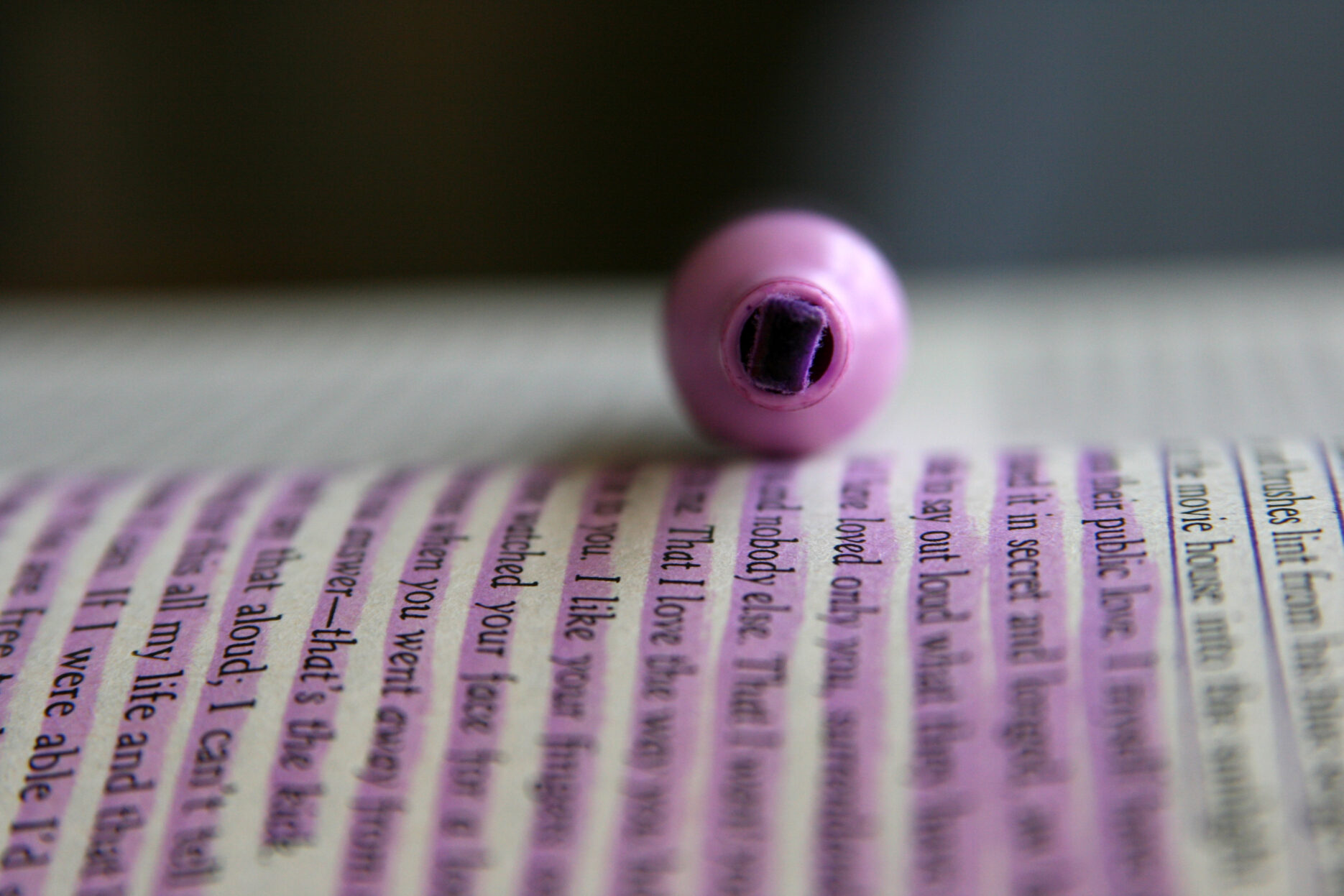For this month’s Design Sprint, we wanted to combine learning and using a new tool with this month’s theme, the future of education.
So we decided to do an Annotation Flash Mob.
On Wednesday, October 12th, at 4pm in HCC 407, using the collaborative online annotation tool, Hypothes.is, we will be annotating the essay “From STEM to STEAM: Reframing What It Means to Learn” by Nicole M. Radziwill, Morgan C. Benton, and Cassidy Moellers from James Madison University.
Why an annotation flash mob in a face-to-face environment? For one, we wanted to provide a supportive environment for faculty to experiment with using the tool together; this design sprint is as much of a tool workshop as it is a chance to continue our exploration of the month’s topic. And we also wanted to provide space for reflection both on using the tool, as well as the content of the article itself. We want to think about ways incorporate the tool into your classroom practices and using it alongside your students.
Why this particular article? We were looking for something that provoked discussion but also was inclusive of multiple and disparate disciplines from across our university. STEAM is an augmentation of the common STEM-focus, adding arts to science, technology, engineering, and math. As put by the abstract:
Even though STEM education can (and often is) inquiry-based, assessments still tend to focus on whether knowledge or skills have been obtained, and this is no different than the current general practice in the arts. Consequently, what does it mean to learn in a STEAM context?
This link to the article allows you, with a hypothes.is account, to participate in the annotation process. If you cannot make the session live, you can always add your annotations before or after the synchronous session. One of the authors, former JMU student Cassidy Moellers, will also be participating virtually during the annotation flash mob. We also invite participation from others; one of the strengths of hypothes.is is the ability to have multiple voices involved the annotation process.
As always, we will be sharing our work on Twitter using the hashtag #DoOO. Hope to see you Wednesday, October 12 at 4pm!
Image by Quinn Dombrowski licensed CC-BY-SA 2.0




